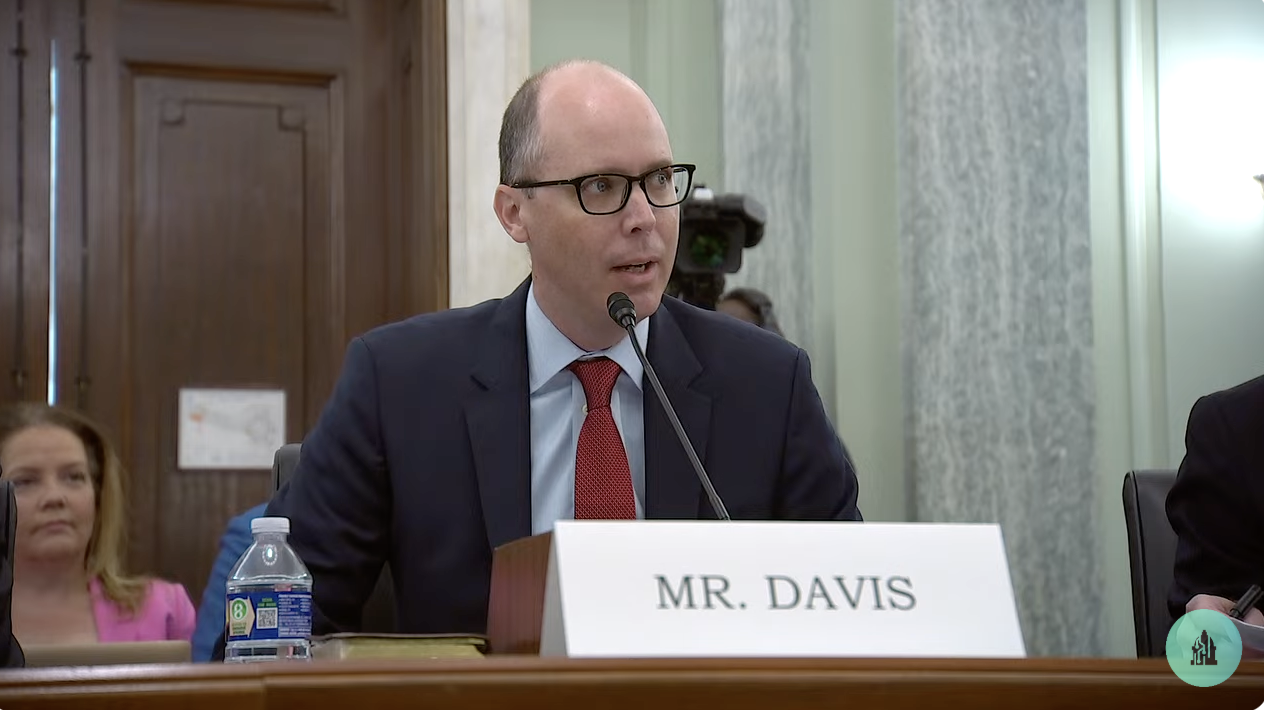Sean Davis, CEO and co-founder of The Federalist, testified before the Senate Commerce Committee on October 8, 2025, alleging that the U.S. government engaged in a coordinated effort to censor his publication and its content. The hearing, titled "Shut Your App: How Uncle Sam Jawboned Big Tech Into Silencing Americans," focused on concerns regarding government influence over social media platforms.
Explainer As A Former DC Cop, The Federal Takeover Was The Right Move
Davis claimed that his publication was targeted for censorship due to its critical coverage of the government's response to the COVID-19 pandemic and the Black Lives Matter protests in 2020. He stated that Google attempted to demonetize The Federalist after it published an article criticizing media narratives surrounding these events.
"Unfortunately, my publication, our writers, and I were all directly targeted for destruction by my own government, using my tax dollars," Davis said during his testimony. He described the actions taken against The Federalist as illegal and unconstitutional, asserting that they represented a significant infringement on First Amendment rights.
The Federalist's struggles reportedly began in the summer of 2020, when foreign government-connected organizations allegedly pressured Google to take action against the publication. Davis noted that the Cybersecurity and Infrastructure Security Agency (CISA) was also involved in efforts to censor content from The Federalist, particularly regarding new election laws ahead of the 2020 election.
According to Davis, CISA used a ticketing system to flag social media posts for removal and pressured tech companies to comply. He cited multiple instances where his tweets were censored at the request of a federal government-sponsored consortium. "Kafka-esque doesn’t even begin to describe this madness," he remarked.
Davis also highlighted the involvement of the U.S. State Department's Global Engagement Center (GEC), which he claimed sought to undermine The Federalist's operations by pressuring advertisers and tech companies to limit its reach. He stated, "Our own government secretly and without any due process charged us with thoughtcrimes, convicted us, and sentenced The Federalist to death."
The testimony comes amid ongoing debates about the role of government in regulating speech and the responsibilities of social media platforms. Critics of government intervention argue that it poses a threat to free speech, while supporters contend that it is necessary to combat misinformation.
Davis emphasized the importance of protecting all speech, particularly that which is unpopular or critical of the government. He urged lawmakers to ensure that all Americans have equal rights to free expression, regardless of their political views. "A legal regime in which one party or one side of the political spectrum has free speech, while another is subjected to speech controls, is an abomination," he stated.
Despite filing a lawsuit nearly two years ago, Davis reported that The Federalist is still awaiting relief from the alleged censorship efforts. He called on lawmakers to condemn the actions taken against his publication and to reaffirm their commitment to protecting First Amendment rights.
The hearing reflects broader concerns about the intersection of government, technology, and free speech, as lawmakers grapple with the implications of censorship in the digital age.
Why it matters
- Sean Davis's testimony highlights allegations of government censorship against The Federalist, raising significant First Amendment concerns.
- The hearing underscores ongoing debates about government influence over social media and its implications for free speech.
- Davis's claims suggest a coordinated effort by government agencies to suppress dissenting voices, particularly regarding COVID-19 and BLM coverage.
What’s next
- Lawmakers are urged to condemn the alleged censorship and reaffirm commitment to First Amendment rights.
- The Federalist continues to await legal relief from its ongoing lawsuit regarding censorship.
- Future hearings may address the role of government in regulating speech and tech company compliance.
